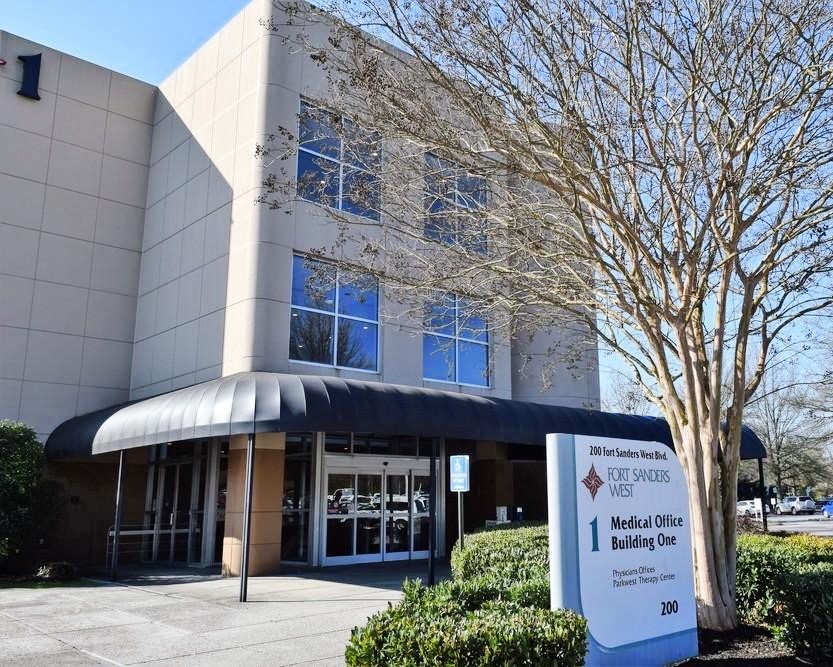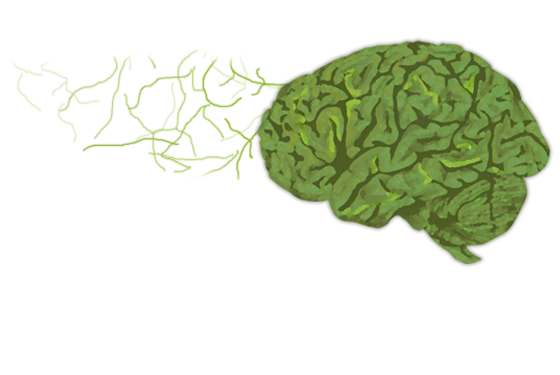Understanding Mild Traumatic Brain Injury (mTBI) and Neuropsychological Testing in Knoxville, TN
Mild Traumatic Brain Injury (mTBI) is a type of brain injury caused by a bump, blow, or jolt to the head or body that disrupts normal brain functioning. While mTBI is often considered less severe than other brain injuries, it can still result in cognitive changes and a range of symptoms, including:
- Headache: Persistent or recurring headaches following the injury.
- Memory Difficulties: Problems with memory, concentration, and attention.
- Fatigue and Sleep Disturbances: Feeling tired or having trouble sleeping.
- Emotional Changes: Mood swings, irritability, anxiety, or depression.
- Sensory Issues: Sensitivity to light or noise, or changes in taste or smell.
Mild Neurocognitive Disorder due to Traumatic Brain Injury
Mild Neurocognitive Disorder due to Traumatic Brain Injury is a condition characterized by cognitive changes that affect daily functioning but do not meet the criteria for a more severe neurocognitive disorder (that might cause an individual to become dependent on others for basic functions). The cognitive deficits may include problems with memory, executive functions, attention, or language.
The Importance of Neuropsychological Testing for mTBI
Neuropsychological testing is a crucial tool in assessing the cognitive impact of mTBI and determining the extent of cognitive changes. Neuropsychological testing for mTBI can help:
- Identify Cognitive Deficits: Testing can pinpoint specific cognitive areas affected by the brain injury, providing valuable insights into cognitive strengths and challenges.
- Rule Out Other Factors: Neuropsychological evaluation helps rule out other medical or psychological conditions that may contribute to cognitive symptoms.
- Guide Treatment Planning: Understanding an individual’s cognitive profile helps develop personalized strategies to support recovery and cognitive functioning.
- Monitor Progress: Regular testing allows for tracking cognitive changes over time and evaluating the effectiveness of interventions.
Our Neuropsychological Testing Process
At Tennessee Neuropsychology, we follow a compassionate and evidence-based approach to neuropsychological testing for mTBI and Mild Neurocognitive Disorder. The process typically includes the following steps:
- Initial Consultation: We begin with an initial consultation to understand the individual’s history of mTBI, cognitive symptoms, and concerns.
- Neuropsychological Assessment: Our experienced neuropsychologists use a battery of standardized tests to evaluate memory, attention, executive functions, language, and other cognitive domains.
- Medical and Injury History Review: We review medical and injury records to gain a comprehensive understanding of the individual’s health and brain injury details.
- Collaborative Analysis and Report: Our team carefully analyzes the assessment data and prepares a detailed report. The report includes diagnostic impressions, a summary of findings, and recommendations for intervention and support.
- Feedback and Support: We schedule a feedback session to discuss the evaluation results, answer questions, and provide guidance on potential intervention strategies.
If you or a loved one has experienced mTBI and are seeking evaluation and support for cognitive changes, Tennessee Neuropsychology in Knoxville, TN, is here to help. Contact us to schedule an appointment or learn more about our neuropsychological testing and evaluation services.

